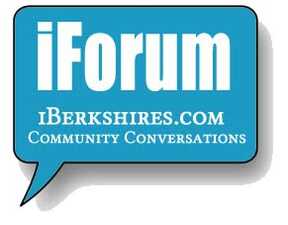Guest Column: Help Someone Take First Step Toward a Nicotine-Free Life
 |
The Great American Smokeout is Thursday, Nov. 16 — a great day to remind friends, co-workers and family about quitting smoking or vaping.
Developed by the American Cancer Society, the Great American Smokeout is a day for people who use tobacco and nicotine to start their journey toward a nicotine-free life. It is a perfect opportunity to think about quitting and its many benefits — physically, mentally, and financially, and maybe even plan a quit attempt.
Remember, quitting can take many tries and help is always available for anyone who uses tobacco or nicotine and who wants to quit, whether on November 16 or at any other time.
Stopping smoking, vaping, or using other tobacco or nicotine products takes time and courage. Encourage people to take the first step by calling 1-800-QUIT-NOW (1-800-784-8669) to talk with a free "quit coach" or by enrolling online at mass.gov/quitting. 1-800-QUIT-NOW is Massachusetts' tobacco and nicotine Quitline.
The Quitline is open 24 hours each day, seven days a week (except Thanksgiving and Christmas) and experienced coaches are ready to help. They'll share strategies to curb cravings, handle life's big and small stresses, and tackle relapses.
In addition, 1-800-QUIT-NOW has a dedicated Spanish line (1-855-DÉJELO-YA) and interpreter services are available for 200 other languages, so language doesn't need to be a barrier to getting support. And specialized support is available for people who use menthol products, for pregnant people and for people facing mental health challenges.
Thanks for supporting people who use tobacco and nicotine on Nov. 16 and any time. Quitting can take repeated attempts and it all starts by taking the first step. With the help of the Quitline and your support during the Great American Smokeout, anyone can become tobacco and nicotine free, beginning a journey to better health.
See a video about the Massachusetts Quitline below. Visit mass.gov/quitting for more information and to access online or phone support.
Joyce Brewer is program manager a the Berkshire Tobacco-Free Community Partnership at Berkshire Area Health Education Center in Dalton. For more information on the impact of tobacco on your community: 413-842-5160 for jbrewer@berkshireahec.org.
Tags: smoking awareness,















